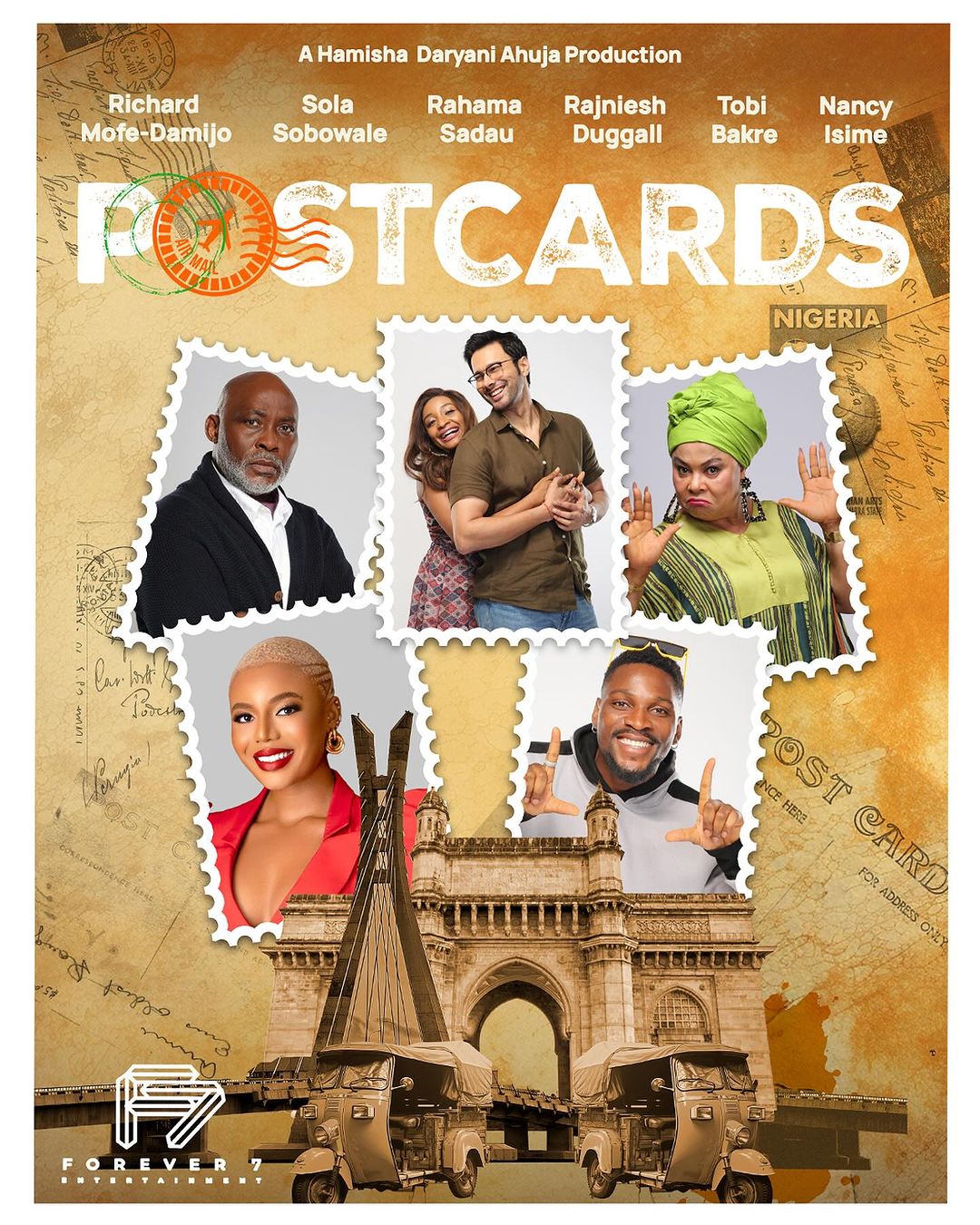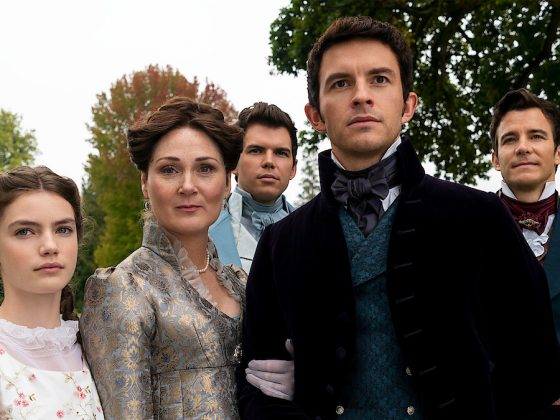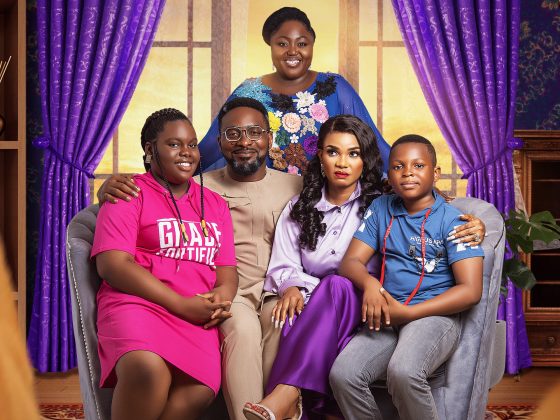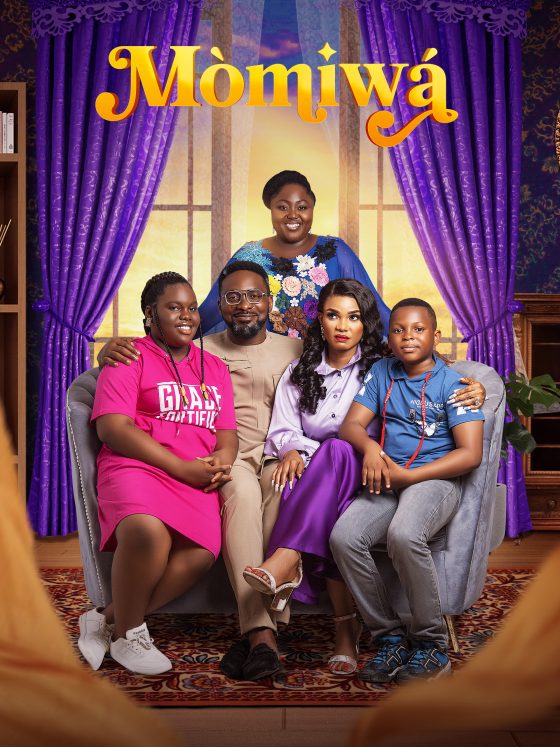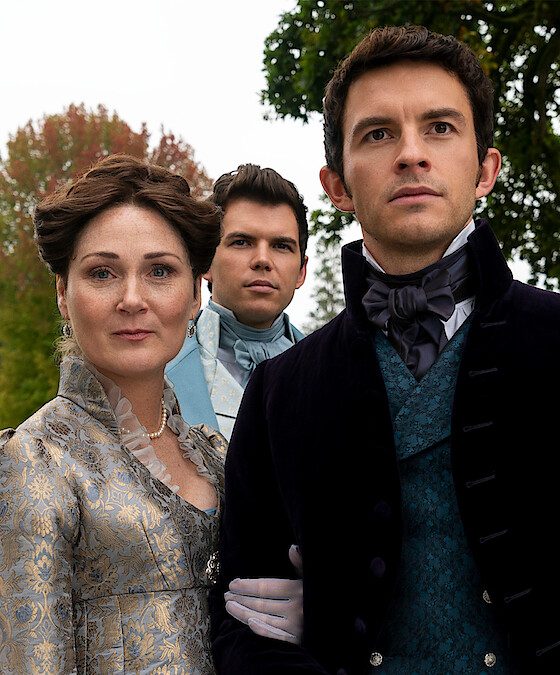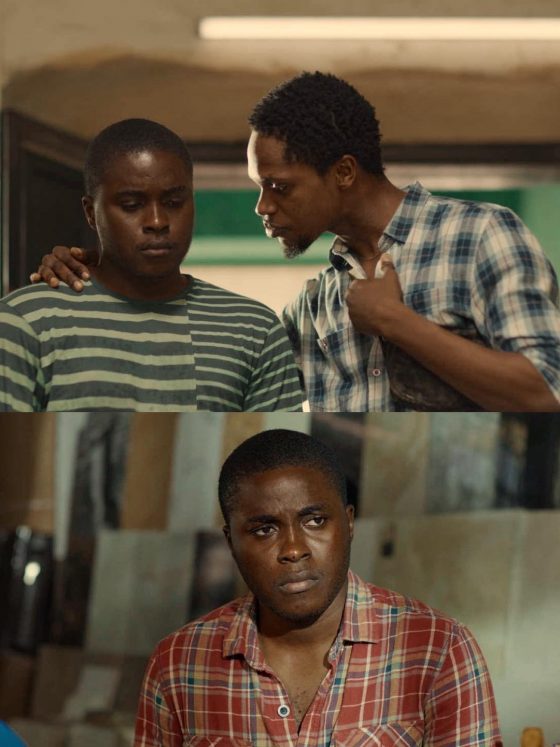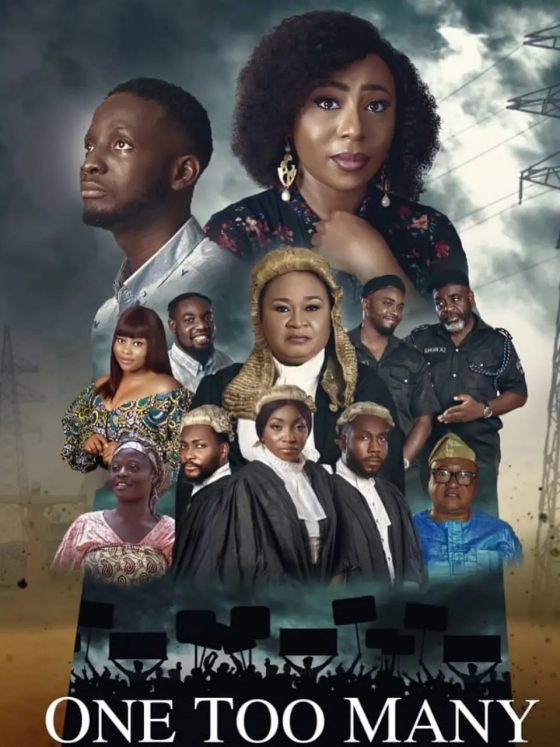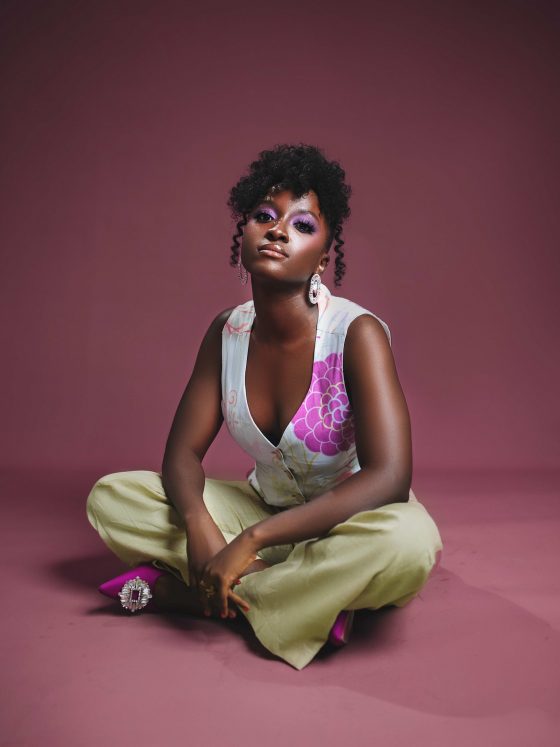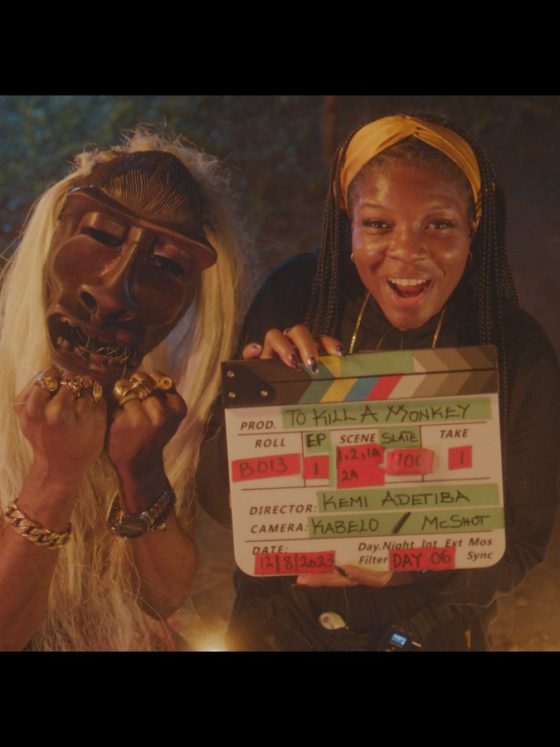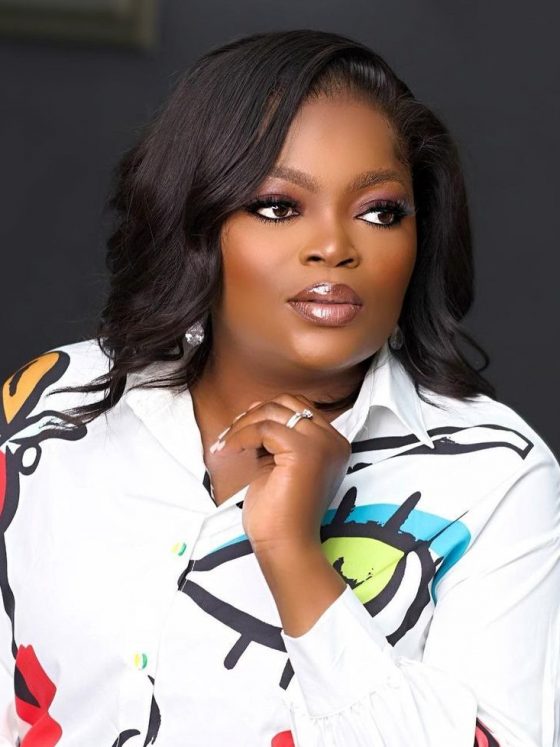Ladies and Gents, we have another Nollywood-Bollywood crossover!
Hamisha Ahuja has done it again, bridging two continents and two completely different cultures in yet another movie.
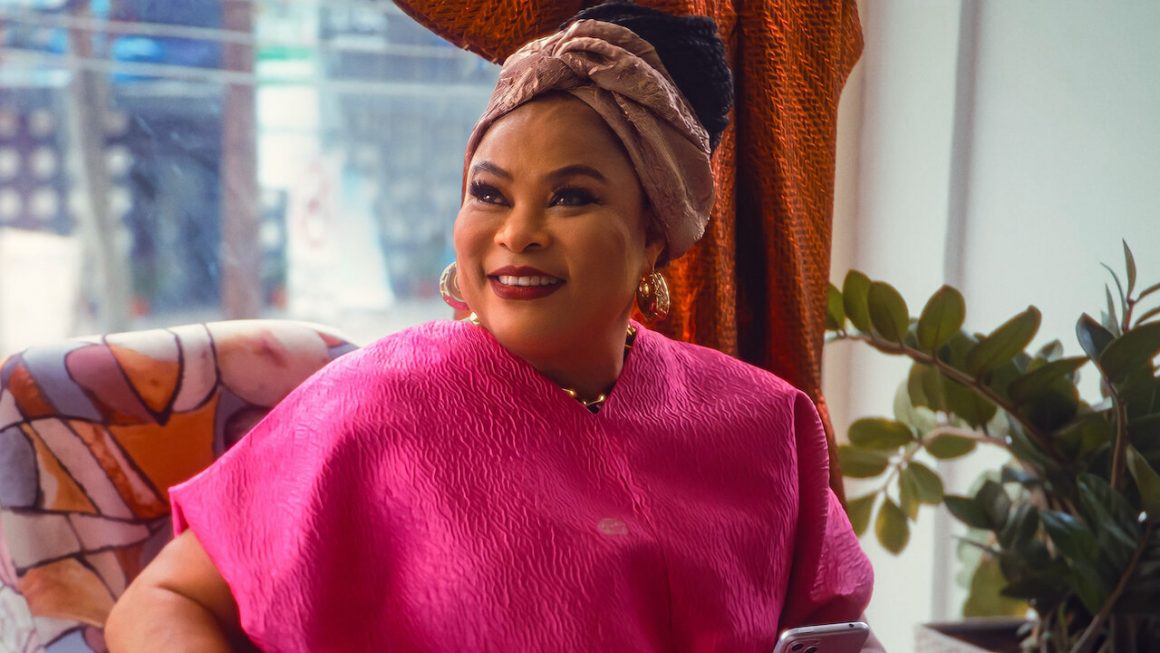
After her critically acclaimed Nollywood-Bollywood romcom, Namaste Wahala, in 2021, Ma’am went right back to the kitchen to cook up another meal. But do we love it? Keep reading to find out!
Produced and directed by Hamisha Abuja, ‘Postcards’ is a six-part series that premiered on Netflix on the 3rd of May.
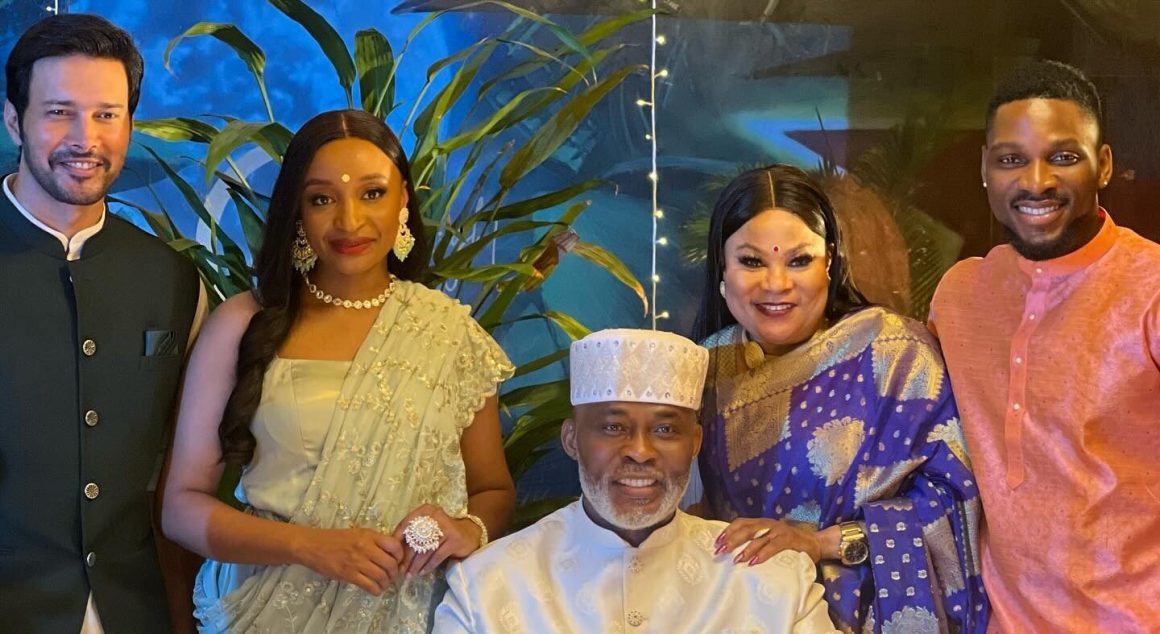
The movie saw the filmmaker reunite with RMD, whom she worked with on her previous film. It also stars Sola Sobowale, Tobi Bakre, Rahama Sadau, Nancy Isime, Ibrahim Suleiman, and popular Bollywood actors Rajneesh Duggal and the late Rio Kapadia.
Spoiler-free plot summary
‘Postcards’ strings together a bunch of different stories from different characters whose lives are somewhat intertwined. However, we don’t see all the connections until the very end.
In the movie, the life of a Lagos high society woman whose love for owambe and extravagant living is upended when her health suddenly deteriorates, and she has to be flown to India for surgery. She enlists the financial help of her stoic brother, who refuses to see her, while also being emotionally distraught by her son, who refuses to pick up her calls or speak to her. We’re also thrown into the lives of an Indian-Nigerian family who are facing a major discord regarding an initial decision not to have kids.
What we love about it?
We love a cross-cultural movie any day, anytime, and this movie offers just that. It does a decent job of showing the similarities and disparities in our cultures. The subtle play on the current Japa frenzy in Nigeria and India with the irony that the citizens of some of the choice relocation countries also wish to leave and relocate elsewhere.
The movie also explores the beauty of a cross-cultural union without judgment, changes in societal conventions over time, family and relationship dynamics, and more.
The cinematography wasn’t the best we’ve seen, but it was decent.
Watching the characters playing off each other despite the cultural differences was also pretty interesting, especially Sola Sobowale against Rajneesh, RMD against Rio Kapadia, Rahama Sadau against Rajneesh, Tobi against the project assistant and the dancers.
Their acting and energy blended in surprisingly well.
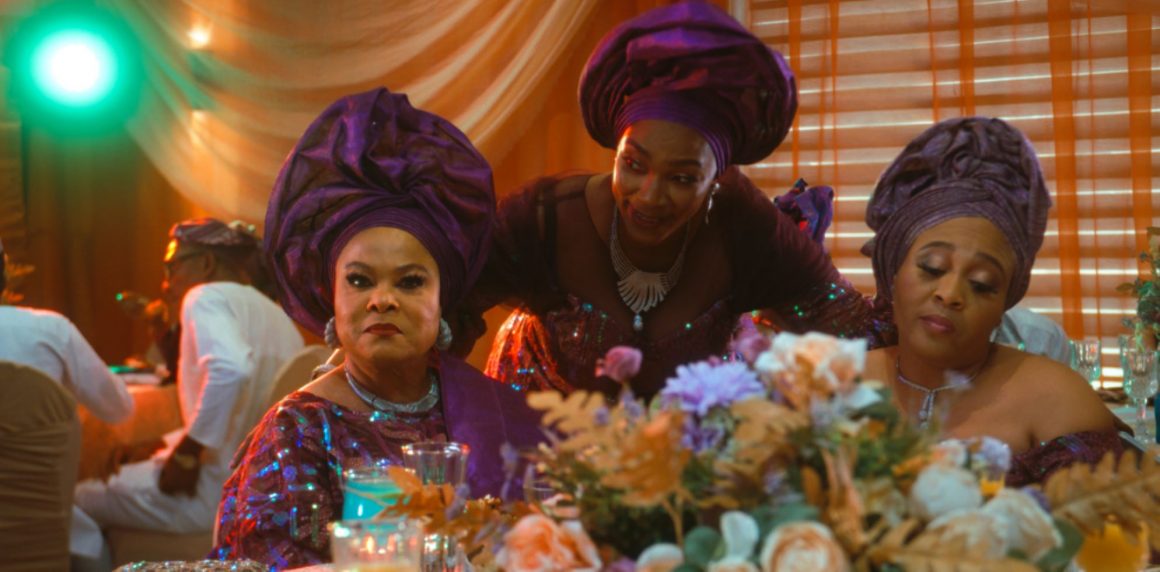
It was also interesting to see Tobi play the role of the dancer, even though his dancing wasn’t exactly convincing.
Can we throw in the gorgeousness of Aunty Bunmi’s (Sola Sobowale) clothes and jewellery, especially in the film’s first half? Her styling was definitely intentional, and we loved it!
Did anybody say Jollof Rice? Yes!
Our National food had honourable mentions in the movie, and we love it
Thank you, Hamisha!
Last but certainly not least, Rahama Sadau speaks Hindi! Now, that is a realistic highlight. It is only realistic that, being married to an Indian and living in India for about five years, she would know at least some phrases in Hindi. We must say she played that off convincingly well.
What we didn’t quite like…
Much ado about nothing!
First of all, the series has no business being a series. The main themes could have been captured in a 1hr 40m feature film.
It’s either the decision to make it a six-part series came in first, or it came in as a result of the many subplots; either way, it didn’t make a great case for this movie. It tried to capture too many things all at once, leaving a number of things either unresolved or rushed. There were plenty of subplots to make for a good series, but there was little to no content and context, making it better suited to be a feature film.
The dialogue was also very cliché and unrealistic, for the most part, which resulted in some really cringeworthy acting that even some of Nollywood’s finest stars couldn’t pull off.
Also, Nancy Isime’s role in the movie wasn’t exactly necessary, and even if it was in the least, she didn’t have to be in India for that. The synergy between Nancy and Rahama seemed forced for the most part and didn’t precisely have an impact on the film’s resolution.
We would have loved to have explored more of the culture and streets of India, including markets, street food, shopping, sarees, etc. Granted, it was probably due to the limited budget, but a little more would have been nice, especially seeing as about 70% of the movie was shot there.
The movie had great prospects but sadly didn’t live up to the hopes we had for it.
Our take!
It’s safe to say ‘Postcards’ is an enjoyable movie, but don’t expect too much in terms of plot.

